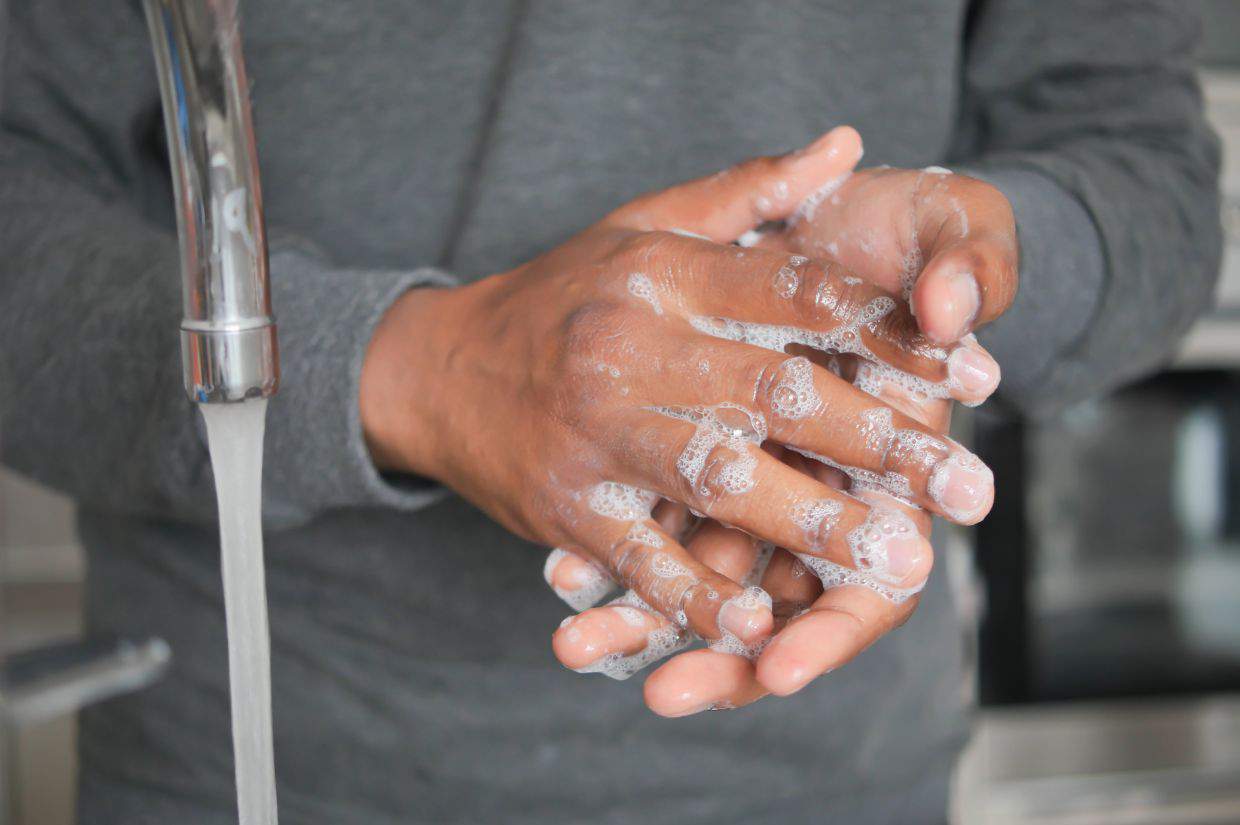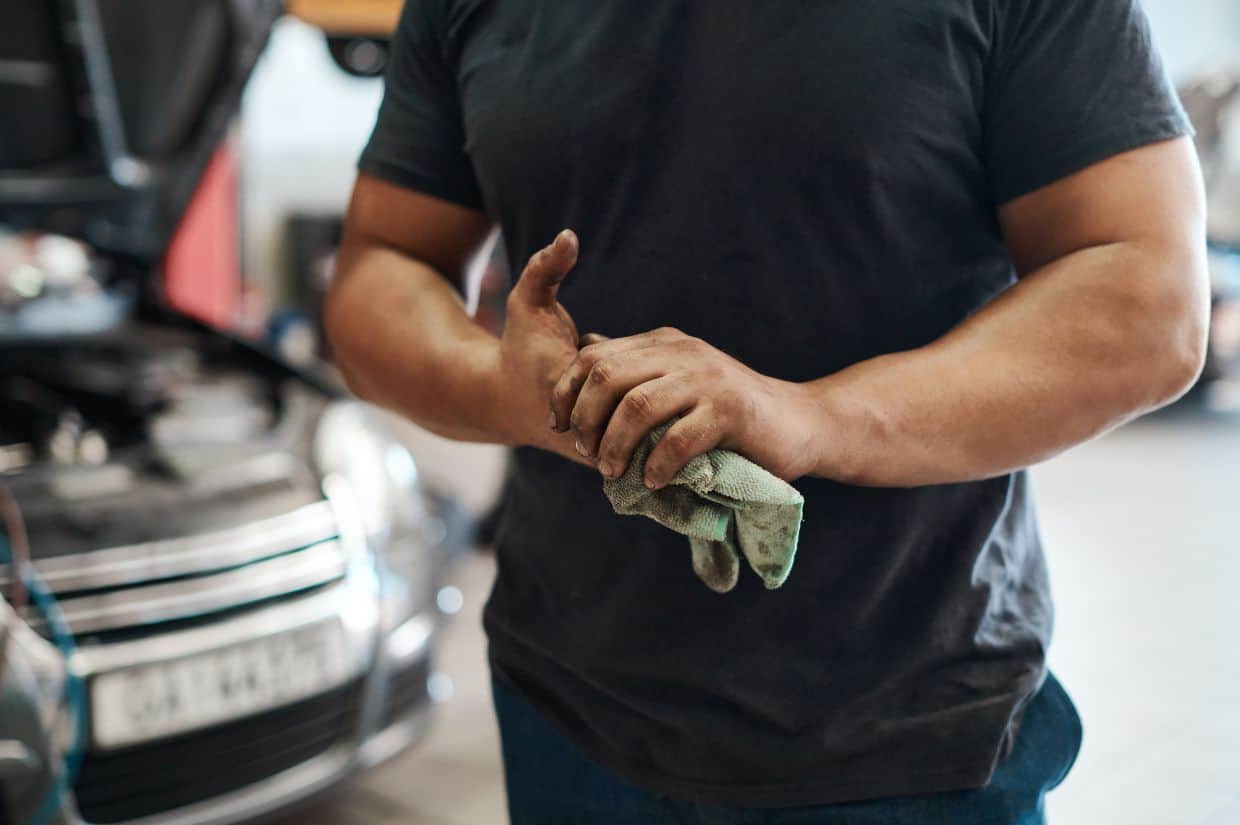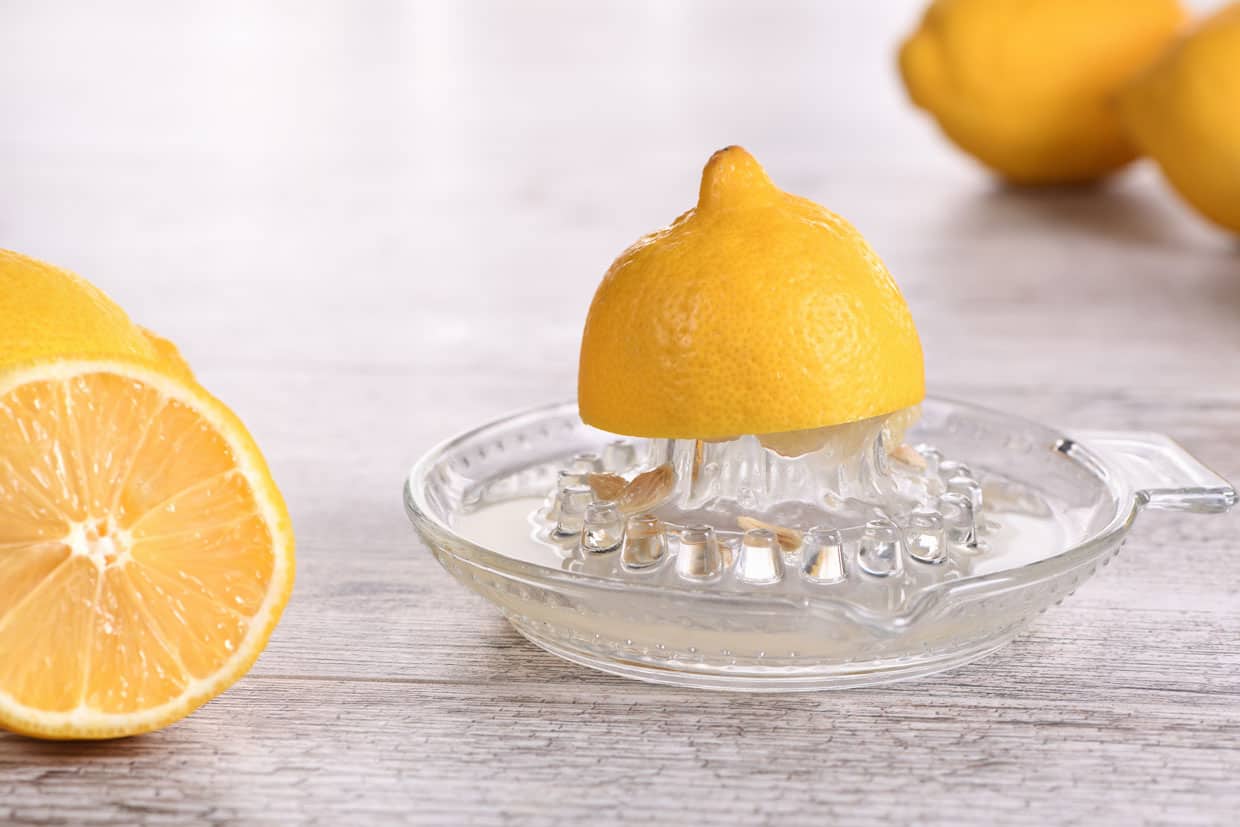Are you struggling with a relentless gas smell on your hands that’s clinging to your skin? You’re not alone, and the solution is closer than you think. Learn how to get rid of the gas smell on your skin using these six effective home remedies.

Why does the smell of gas linger so long?
Benzene is the culprit behind the strong gas smell. As you might know, gas is a petroleum-derived liquid. It consists of various organic compounds and other additives.
Only a few other spills can be more pesky than a gasoline spill, but cleaning messes is bound to happen. So, it’s good to be prepared. The problem is that gasoline odors are stubborn and can linger for a few days. With such a pungent smell, that’s a long time.
Benzene is a volatile cyclic hydrocarbon compound with a highly pungent odor. Only 60 parts of benzene per million parts of air is enough for most people to recognize benzene’s smell. It’s that strong.
That’s why it can take days or even weeks to get rid of gasoline spillage on human skin or any other material.

How do you get rid of the smell of gas on your skin?
Here’s a task, like carpet cleaning, that isn’t very fun but needs to be done.
To get rid of the gas smell, you first need to use an anti-grease substance, like a dish or hand soap, to eliminate oily residue. Then, use an odor-eliminating product to prevent the gasoline smell from lingering on your skin.
Dish soap and water
Using soap and water is probably the easiest way to remove gas from your skin. And nothing can help you remove grease better than good old dish soap.
So, how does dishwashing liquid work its magic?
Soap consists of two parts: a hydrophilic head, or water-loving head, and a lipophilic tail, or oil-loving. The former are molecules that love water, while the latter aren’t fans of it, like oils. When mixing soap with water, the lipophilic tail is attracted to the grease on your skin and dissolves in it.
As for the water-loving portion of soap, it dissolves in water. As a result, they join the greasy gasoline mess on your skin with water, which disappears once you rinse them off.
Wash by:
- Adding two drops of dish soap to your skin.
- Mixing it with hot water while lathering on all surfaces.
- Rinse clean.
Try to use dish soap with a fresh smell, like lemon or other citrus fruits.
Baking soda and vinegar
For any DIY enthusiast, baking soda and vinegar are the ultimate solutions for any hard-to-clean surface.
Make sure to use this mixture when it’s still fizzing:
- Apply one part of baking soda to your skin.
- Add two parts of white vinegar.
- Using a soft brush, rub the mix thoroughly until all the bubbles fade.
- Rinse with water.

Lemon juice
Lemon juice contains citric acid, which can cut through the oils, helping remove the sticky ickiness. It also has an uplifting scent.
Acids generally aren’t strong fat removers. So, you should wash your hands with soap before using the citrus fruit.
To use as a cleaner:
- Squeeze some lemons into a bowl.
- Soak a clean rag in the juice.
- Apply the damp cloth to the affected skin area
- Leave it for a few minutes before washing it with water.
Hydrogen peroxide
Hydrogen peroxide is another disinfectant agent that can help remove the gas smell from your skin. It’s helpful to keep in your home for cleaning your shower and other purposes. Like water, this chemical is a polar compound. That means it can’t dissolve in oils.
However, it is a potent oxidizing agent. So, it can react with hydrocarbon compounds, like gasoline, and oxidize to different organic compounds — a reaction that helps clean petroleum-contaminated soils.
Most over-the-counter hydrogen peroxides, however, are diluted. While they won’t help dissolve grease, the OTC disinfectant can help reduce the unpleasant smell of gasoline.
To use hydrogen peroxide:
- Apply it to a cotton ball.
- Wipe it over your skin.
- Wash thoroughly and pat dry.
- Finish by moisturizing your skin with a lotion bar.
Essential oils
For more than diffusing into the air, aromatic essential oils like lavender, peppermint, eucalyptus or bergamot can help here too.
Ever heard of the expression like dissolves like? It is a term chemists use to predict how compounds dissolve in one another.
Simply put, compounds of the same nature, like oils, will dissolve each other since both are nonpolar. Likewise, polar compounds such as water will dissolve other polar molecules, like salts.
Essential oils are terpenes, organic compounds consisting of hydrogen and carbon atoms, among other elements. Since they’re similar to gasoline, such oils can remove the stickiness from your skin; you don’t necessarily need to wash with regular soap before using those compounds.
To begin:
- Pour a small amount of carrier oil into the palm of your hand.
- Add a few drops of essential oil, and then rub it on the affected area.
You can also premix the ingredients in a small bowl.
A little bit goes a long way when it comes to essential oils, so start with a single scent or, at most, two and go from there.
Vanilla extract
Who says vanilla extract is only good for baking? You can use
Here’s how:
- Pour half a cup of water into a cup or a bowl.
- Add a few drops of
vanilla extract. - Pour the mixture over your skin and rub it with your hands or a soft brush.
- Continue massaging for a minute until you no longer smell gasoline.
- Wash the area with soap and water. Then, pat dry.
Wrapping up
Although challenging, knowing how to get rid of the gas smell on your skin can save you from lingering odors on your body after any gas spill.
You only need to use dish soap and water or baking soda and vinegar to eliminate the sticky mess. Then, follow up with natural deodorizers like lemon juice,
With these tips, you can bid farewell to the gas smell on your skin with natural materials you probably already have on hand.
Jessica Haggard is the creator of the blog Easy Homemade Life. She inspires and supports homemakers with easy recipes, natural home cleaning tips and DIY tutorials for personal care products to promote a happy and healthy home environment.
This article originally appeared on Easy Homemade Life.